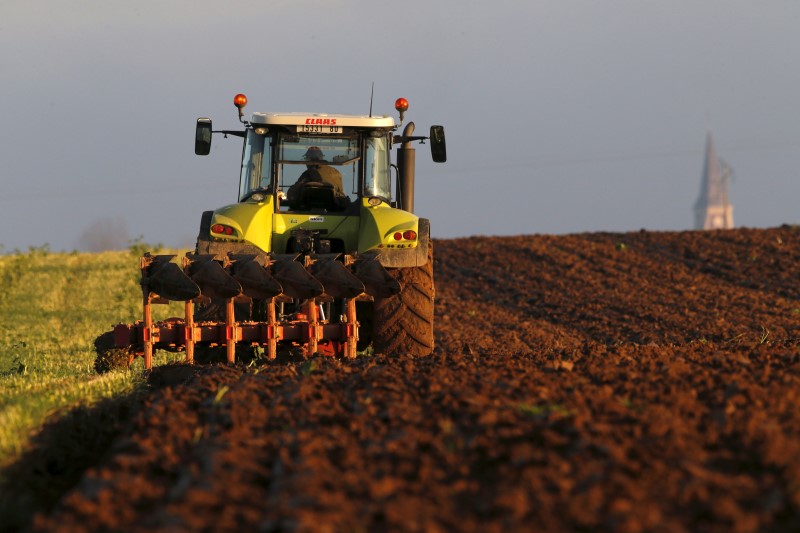By Philip Blenkinsop
BRUSSELS, Oct 12 (Reuters) - EU lawmakers backed the start of free trade talks with Australia and New Zealand on Thursday, while warning negotiators they should be cautious about opening up EU markets to farm produce such as butter and beef.
European Commission President Jean-Claude Juncker said last month that the European Union should launch and conclude free trade agreements with the two countries in the next two years. Juncker's time frame is achieved, the EU would get in ahead of Britain, which is also courting its two former colonies but cannot negotiate independent trade deals until it leaves the EU in March 2019.
Any future trade deals would need the approval of the European Parliament. Its trade committee voted 30 to five on Thursday in favour of starting negotiations with Australia and New Zealand in a resolution setting out lawmakers' priorities.
High among these was respect for "sensitive" agricultural products, with imports only phased in over a transition period and safeguards built in that allow them to be suspended if they are shown to be damaging EU farms.
The most sensitive sectors, it said, could potentially be excluded from any deals.
The lawmaker's resolution did not specify which products were sensitive, but they would certainly include beef, a key export demand of South American bloc Mercosur in a deal that could be concluded by the end of the year.
EU countries are struggling to agree how much beef they should let in, with France, Ireland and others saying their cattle farmers are under threat. must be aware that the cumulative effect of these deals could be unbearable for the sector," French Socialist lawmaker Eric Andrieu said in a debate on Wednesday. "From one trade deal to the next, we could find sectors of our agriculture disappear."
New Zealand is the world's top sheep meat and dairy exporter, while Australia is a major exporter of beef and wheat.
The lawmakers did recognise Juncker's appeal for swift progress, saying each deal should be split in two to allow markets to open and import duties to fall before full agreement on all elements of trade and investment.
EU economy and industries ministers are expected to discuss negotiating mandates for both deals at a meeting in Brussels on Nov. 10, which could lead to the launch of talks before the end of the year.
